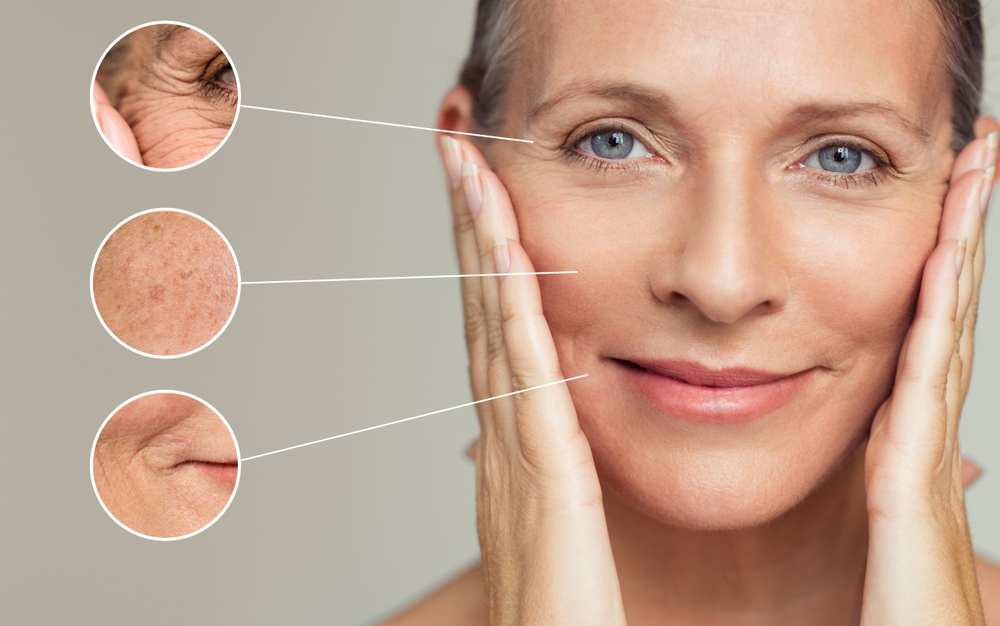If you have reached middle age, you may be noticing that your body is showing more wear and tear than when you were in your teens and twenties. Many people want to slow and even reverse the signs of aging on their skin, but where to begin? Don’t go out and get plastic surgery right away to fix a little wrinkle here and there. However, you can listen to the advice of plastic surgeons, as it is their business to understand how the body ages. Follow these simple skincare tips to keep your skin looking youthful and forever young.

40. Your Skin Changes As You Age.
Your skin is the largest organ in your body (via PubMed). Furthermore, it is the one that serves as a protective barrier for just about every other organ. That is, except those on your face, such as your eyes and mouth. Unfortunately, as your body gets older and begins experiencing the effects of age, your skin does, too. Your skin is the organ that most people see. Plus, it is more exposed to outside elements, making the effects of aging are more visible on your skin than just about any other part of your body (via National Institute of Aging).
